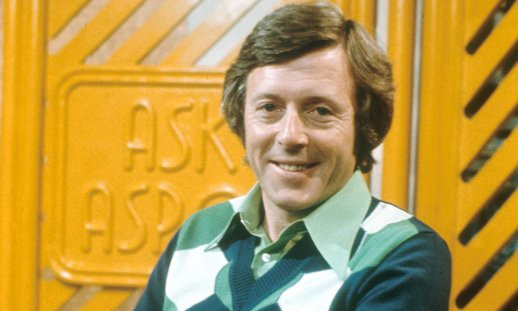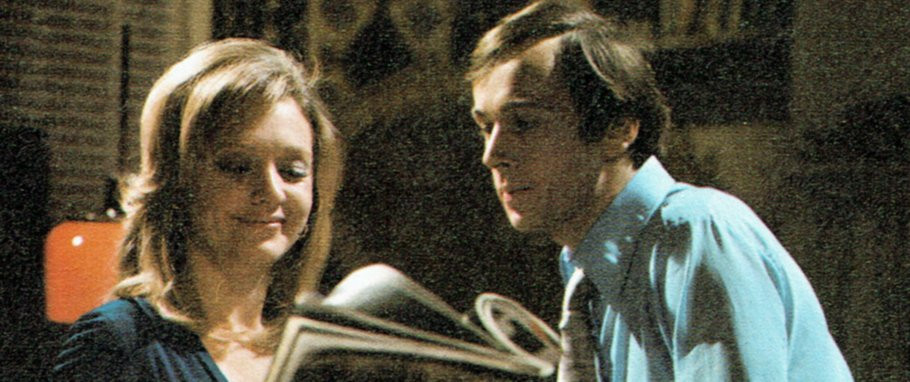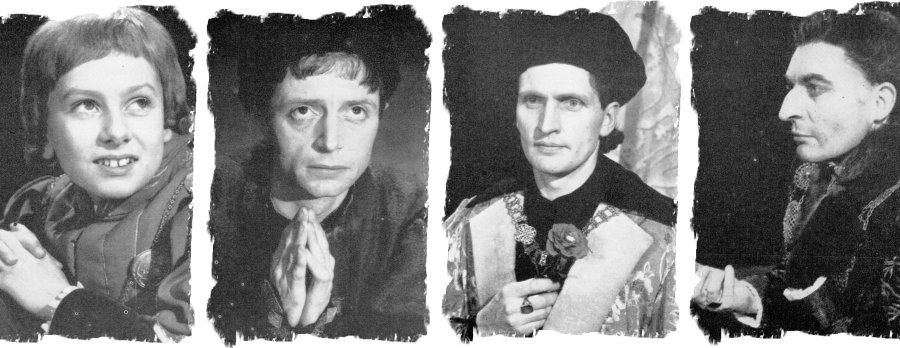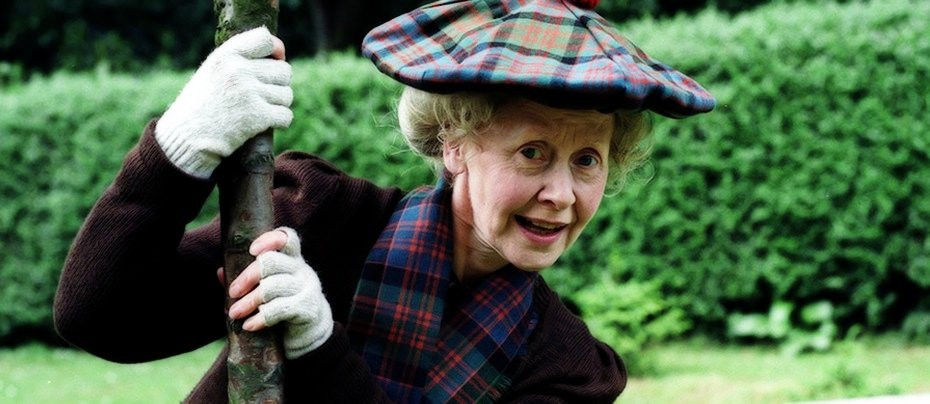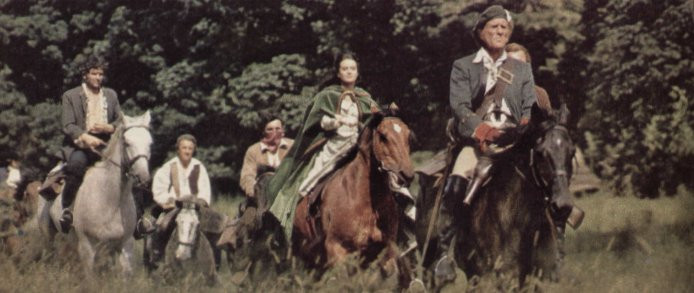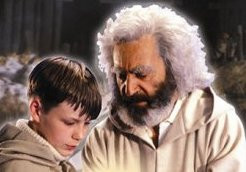
Six Wives of Henry VIII
1970 - United KingdomThe Six Wives of Henry VIII, the award-winning BBC costume drama first broadcast in 1970, remains a landmark in television history – a richly crafted, brilliantly acted portrait of one of England's most notorious monarchs. Starring Keith Michell in the career-defining role of King Henry VIII, this series offered a powerful and refreshingly layered depiction of a ruler more often caricatured than understood.
Structured as six self-contained dramas – each focused on one of Henry’s unfortunate wives – the series charts the transformation of the king from a handsome, athletic 17-year-old to the bloated and broken man he became by his death at 56. More than mere biographical storytelling, this was a meticulously researched, evocatively staged retelling of a period rife with religious upheaval, political conspiracy, and personal tragedy.
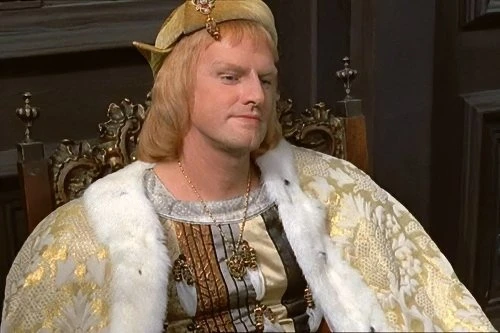
Unlike the roaring glutton immortalised by Charles Laughton in the 1933 Oscar-winning film The Private Life of Henry VIII, Michell’s portrayal cut deeper. The series dispelled many popular myths, presenting Henry not just as the man who dissolved the monasteries and passed the Act of Supremacy in 1534 – establishing the monarch as Supreme Head of the Church of England – but also as a cultured Renaissance prince. This Henry was fluent in four languages beyond English (Latin, French, Italian and Greek), a gifted musician, a keen student of astronomy and mathematics, and a champion sportsman. In short, the series posited him as arguably England’s first truly civilised king – albeit one whose ambition and insecurity would lead to betrayal, execution and heartbreak.
Historically, The Six Wives of Henry VIII adhered with impressive fidelity to the facts, even as it dramatised the emotional undercurrents of court life. The political machinations, secret affairs and bloody treachery of the Tudor court were all portrayed with chilling authenticity. Viewers were given a visceral sense of the dangerous tightrope walked by queens such as Anne Boleyn (Dorothy Tutin) and Catherine Howard (Angela Pleasence), and the quiet dignity of figures like Catherine of Aragon (Annette Crosbie) and Catherine Parr (Rosalie Crutchley) was given its full due.
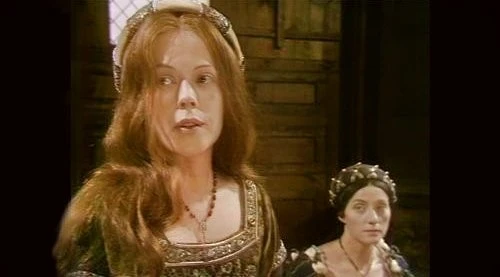
The supporting cast, too (which included Patrick Troughton, Bernard Hepton and Wolfe Morris), was superb – each episode featured a largely different ensemble, reflective of each wife’s unique story. This episodic format lent a theatrical quality to the series, making each hour-long instalment feel like a self-contained play, yet all contributing to the larger tragic arc of Henry’s reign.
John Bloomfield’s costume design deserves special mention. Despite limited budgets, his team employed innovative methods – from using inexpensive materials and enhancing them with paint, resins, and fibre-tip pens – to create garments that looked opulent and historically accurate on screen. The visual authenticity was striking, further deepening the sense of immersion in 16th-century England.
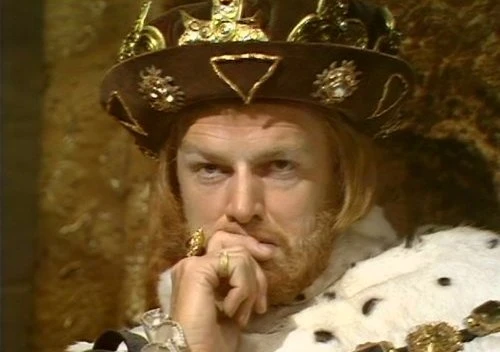
Keith Michell’s performance rightly won him a Best Actor BAFTA and Annette Crosbie, was awarded Best Actress. The series acclaim wasn’t confined to Britain. In the United States, the series garnered high praise and significant viewership, an Emmy for Michell for Outstanding Continued Performance in a Leading Dramatic Series with this all culminating in a feature film adaptation in 1972, with Michell reprising his role. Recognising the appetite for quality historical drama, the BBC followed up with Elizabeth R, continuing the Tudor saga.
The Six Wives of Henry VIII set a new standard for historical television. It not only changed the way we view Henry VIII but also showed what television drama could achieve with careful research, bold storytelling and outstanding acting. It remains, over fifty years later, a towering achievement – intelligent, enthralling and deeply human.
Verdict (2025 perspective):
★★★★★ A Masterclass in Historical Drama
Seen this show? How do you rate it?
Seen this show? How do you rate it?
Published on January 31st, 2019. Written by Percival Wexley-Smith (2025) for Television Heaven.


